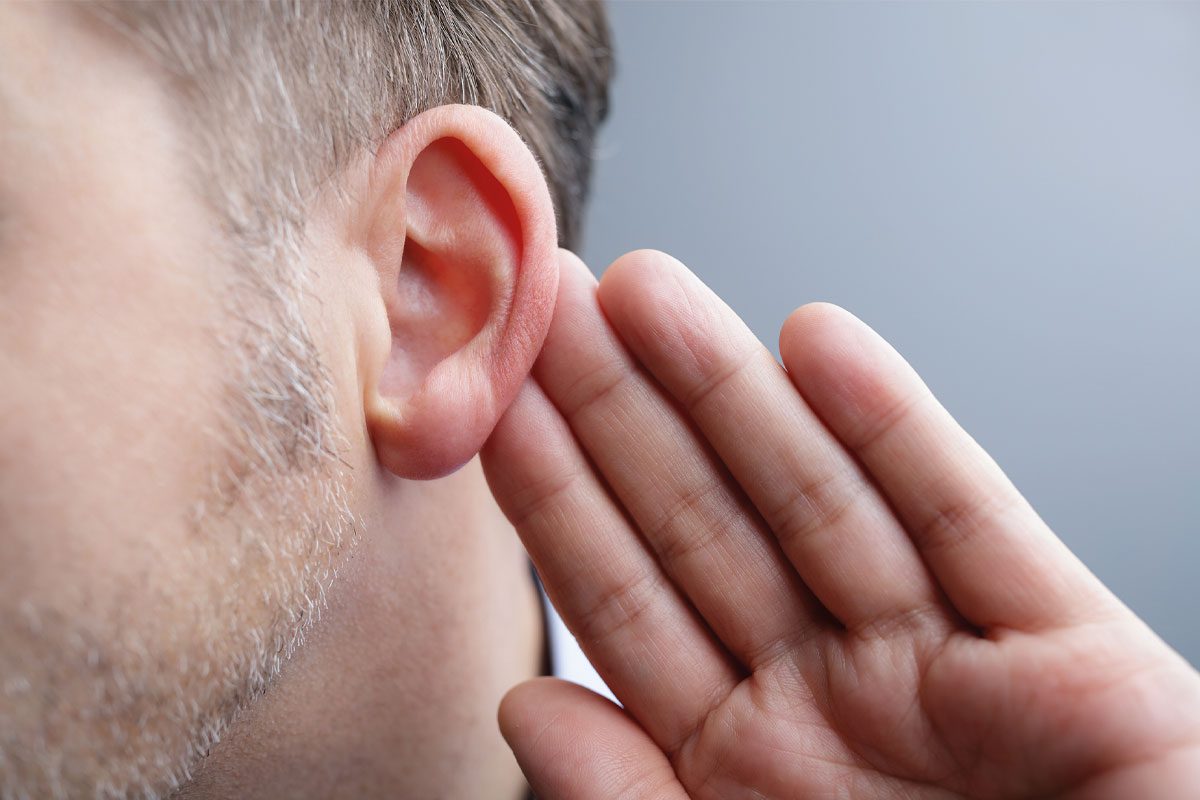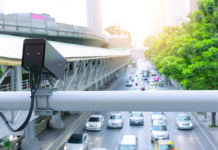Answer provided by Dr Jamie Bogle, an otolaryngology specialist at healthcare provider the Mayo Clinic
QUESTION: I recently realized that I often ask people to repeat themselves, and I must turn up the volume on the TV louder than before. How do I know if I have hearing loss? I am 46. Aren’t I too young for hearing loss? Can I take steps to prevent future hearing loss?
ANSWER: The ears are an important part of the body, and damage to the delicate structures housed there can lead to hearing loss and balance problems. Both can happen suddenly, or over time. It is common for adults to experience hearing loss and balance problems as they age.
Although you may think you are too young, hearing loss can happen at any age due to several factors, including exposure to loud noises. More than 5% of the world’s population, or roughly 432 million adults and 34 million children, need rehabilitation to address disabling hearing loss, and it is estimated that by 2050, more than 700 million people, or 1 in 10, will have disabling hearing loss, according to the World Health Organization.
Every day, people are surrounded by noise. The bustle of traffic, the hums and grinds of machinery, people talking, music and chatter from the radio, and airplanes flying overhead are all examples. Most people probably think nothing of these familiar sounds. They generally aren’t loud enough to interfere with daily routines or cause ear damage. But sometimes a noise is too loud, and some sounds may cause permanent damage.
Noises are measured based on their decibel levels. A decibel is a unit of measurement used to measure how loud something is.
In general, noises that fall below 70 decibels do not harm your ears. Damage can occur when noises are above that level. The higher the decibel level, the more damage your ears experience.
Patients often ask, ‘How loud is too loud?’ Here’s a good rule of thumb: If you have to shout to be heard by someone an arm’s length away, you’re being exposed to too much noise.
However, over time, all loud sounds you are exposed to regularly can affect your hearing. Since hearing loss usually happens gradually, people often don’t realize how much hearing they’ve lost over time. Although noise-induced hearing loss usually can’t be restored, the fact that you have noticed changes now allows you the opportunity to prevent further loss.
First, make an appointment to have your hearing checked. While you might start with your primary health care provider, you may be referred to an audiology center and different specialists depending on your situation. Audiologists are professionals with an advanced degree in all aspects of hearing and balance health care for patients of all ages. They often administer hearing tests. Hearing instrument specialists are trained to identify hearing loss and dispense hearing aids for adults only. You also may meet an otolaryngologist or otologist, medical doctors who are trained to manage medical or surgical problems associated with the ear.
Getting a hearing test is easy. Typically, your ears will be examined first to make sure they look healthy and that you don’t have any wax blocking the ear canal. Then you will wear headphones to listen for tones at different pitches and volumes. The audiologist will determine when you hear the different tones at the softest levels. You’ll also be asked to repeat words at soft and comfortable volumes, and maybe also with background noise. Then a hearing prescription or plan will be developed that may include hearing aids.
Here are some tips to improve your hearing protection and prevent further loss:
• Limit your exposure to loud noise. Take breaks from prolonged exposure to loud noise.
• Wear hearing protection when involved in loud activities. Look for devices with a good fit for your ears. All hearing protection devices are labeled with noise reduction ratings. The higher the number, the more noise reduction the device provides. Be sure to wear hearing protection the entire time you’re exposed to loud sounds.
• Consider using snug-fitting earmuffs or wearing both earmuffs and earplugs to get more noise reduction. This is helpful, especially when using loud power tools or lawn equipment. Special earmuffs also are designed for use with firearms.
• Kids also need protection from noise. Specially designed earmuffs are available for infants and young children. Make sure you limit the volume on any personal listening devices your children may use.
• Place pads under noisy appliances, and don’t run multiple appliances at the same time.
• Install carpeting to absorb sound.
• Seal windows and doors to block traffic noise.
Generally, it’s a good idea to have a hearing test by age 60 and then every few years after that. If you have now noticed that you have hearing loss, you may be advised to test your hearing annually or when you notice a change.








